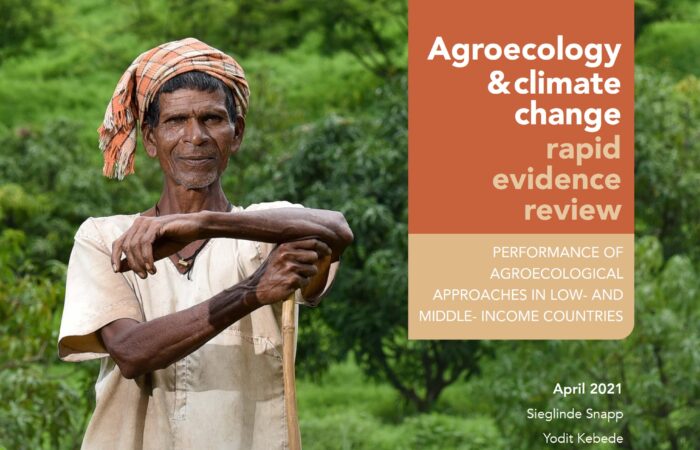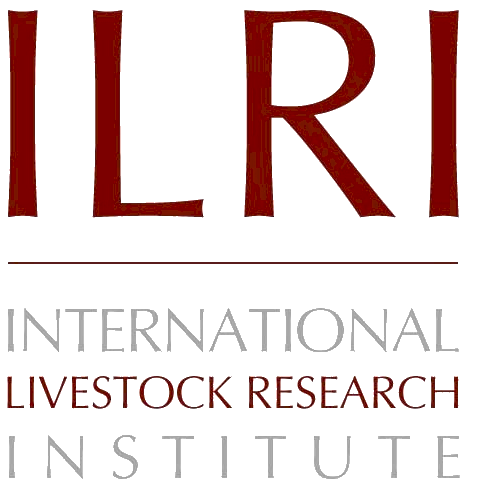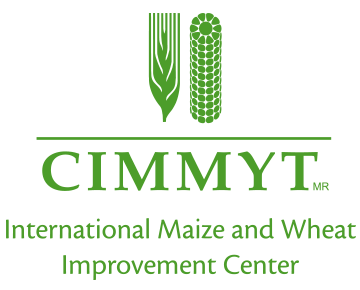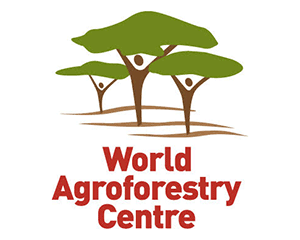
Agroecology is increasingly seen as being able, or even necessary, to transform food systems (HLPE 2019). The Foreign, Commonwealth and Development Office (FCDO) and the CGIAR Research Programme on Climate Change, Agriculture and Food Security (CCAFS) commissioned this rapid evidence-based review to assess the quality and strength of evidence regarding (i) the impact of agroecological approaches on climate change mitigation and adaptation in low- and middle-income countries (LMICs) and (ii) the programming approaches and conditions supporting large-scale transitions to agroecology and transitions. The review also aims to identify knowledge gaps critical to understand and inform future public and private investment in research, development, and deployment of agroecological approaches. The focus here is on the science of agroecology at the field and landscape level, not on social movement, value chain or business aspects. We use the Food and Agriculture Organization of the United Nations (FAO) 10 elements of agroecology with the Gliessman (2016) framework to identify agroecology practices (transition level 2) and agroecology systems (transition level 3).
To assess evidence related to agroecology‘s climate change outcomes we conducted a systematic literature review of i) synthesis papers and ii) primary empirical studies related to nutrient and pest and disease management. For the latter we documented the presence of evidence for climate change outcome indicators, but not the magnitude or direction of the change. We also conducted semi-structured interviews with representatives from 12 organizations supporting or implementing on-the-ground agricultural development programmes to better understand the feasibility of scaling out agroecology.








